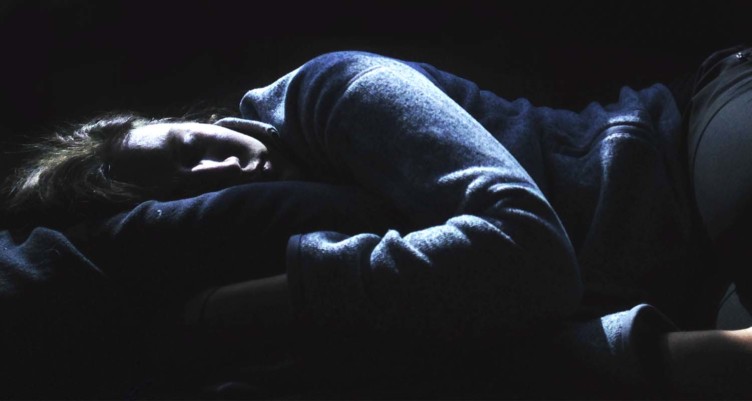Nighttime Light Exposure Causes Depression, Says Study

Sleeping in complete darkness doesn’t just improve your sleep quality. New research suggests it may fend off depression as well. A recent study[1] found a strong connection between low-level nighttime light exposure and symptoms of depression in older adults.
Nighttime light causes depressive symptoms in elderly
Researchers monitored the nighttime light exposure of 863 elderly adults by placing light meters at the heads of participants’ beds. Over the course of two years, the adults completed sleep diaries and surveys, which researchers then used to look for signs of depression. During the follow-up period, 73 people developed depressive symptoms and the researchers noted a link between those symptoms and nighttime light exposure. Specifically, participants who slept with more than five lux of light in their room developed more depressive symptoms than those who slept in a pitch-black room. For reference, 10 lux is akin to looking at a candle from approximately one foot away. While the study didn’t demonstrate the duration of time it takes to cause these depressive symptoms, a prior study in hamsters suggests four weeks at five-lux exposure causes depression[2].
Depressive symptoms are likely the result of sleep disturbances caused by nighttime light
While researchers are still not entirely certain how light causes depressive symptoms, study co-author Kenji Obayashi, a professor in the department of community health and epidemiology at Nara Medical University School of Medicine in Japan, notes that it’s likely due to sleep disturbances caused by small amounts of light. Indeed, one study reveals that light at night does affect the body’s internal clock, or circadian rhythms[3]. How? There are little light receptors in your eyes called melanopsin that act as circadian controllers – and they are quite sensitive to the blue light that may be in your room at night – clocks, computers, phones – essentially, junk light.
Youth are affected even more by nighttime light
Though this study targeted the elderly, Obayashi has a word of advice for youth too: “The capacity for light reception of a 70-year-old is one-fifth of that of a teenager.” This means that the effects of nighttime light are even more detrimental to youth. So the general suggestion, regardless of age, is to shut out as much light as possible. Here’s how:
Sleep in a pitch-black room
Get your room as dark as possible at night – block all possible light sources. You can use fabric or curtains on windows, though if you live in a city, seriously consider blackout curtains to block out light pollution. Cover all LEDs with black electrical tape.
Consider other sleep hacks
Looking for other ways to maximize your zzz time for good health? Try one of these tricks for a better night’s sleep:
- Eat sleep-friendly foods. Eat low-mercury fish and seafood at dinner, or take krill oil two hours before bedtime. The omega-3s in these foods lead to fewer waking episodes[4]. More fat at night will keep your energy levels stable longer, allowing you to rest through the night. Read on for more food-sleep hacks.
- Supplement with valerian. Evidence suggests that valerian might improve sleep quality without producing side effects[5]. Work with your doctor to determine the right dose for you. Read more about herbal supplements that promote a good night’s sleep.
- Try a sleep induction mat. This is an acupressure mat designed to rapidly induce sleep and stimulate muscle relaxation. Read about how it releases a surge of endorphins that help to relax you here.
Sign up for early access to sales, product launches, the latest Bulletproof news and more!



